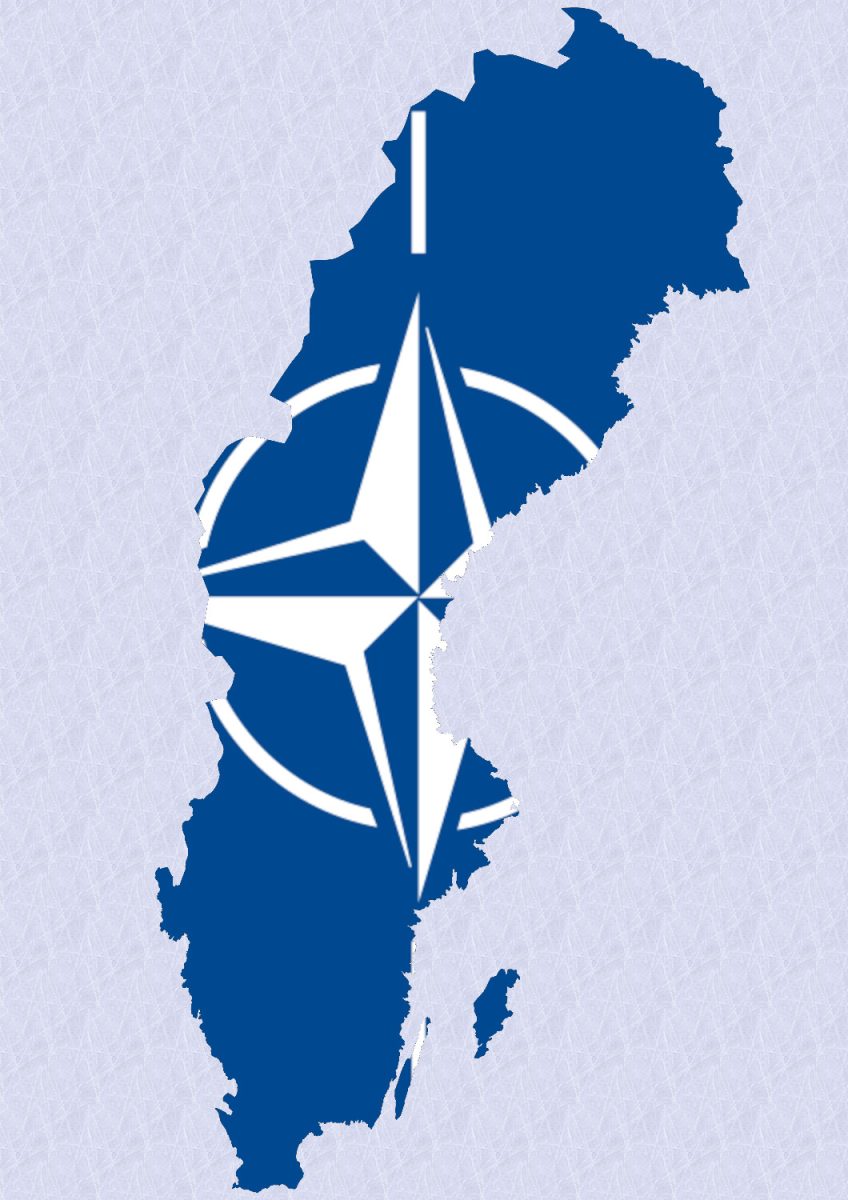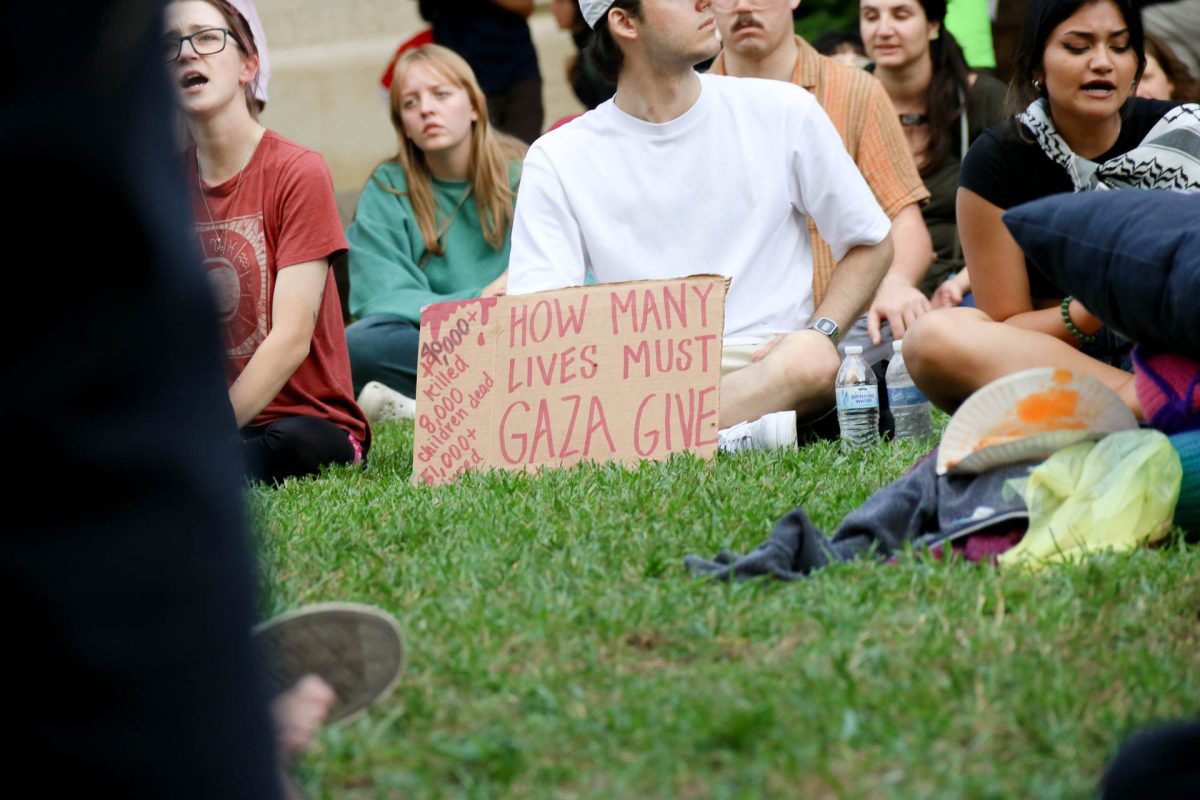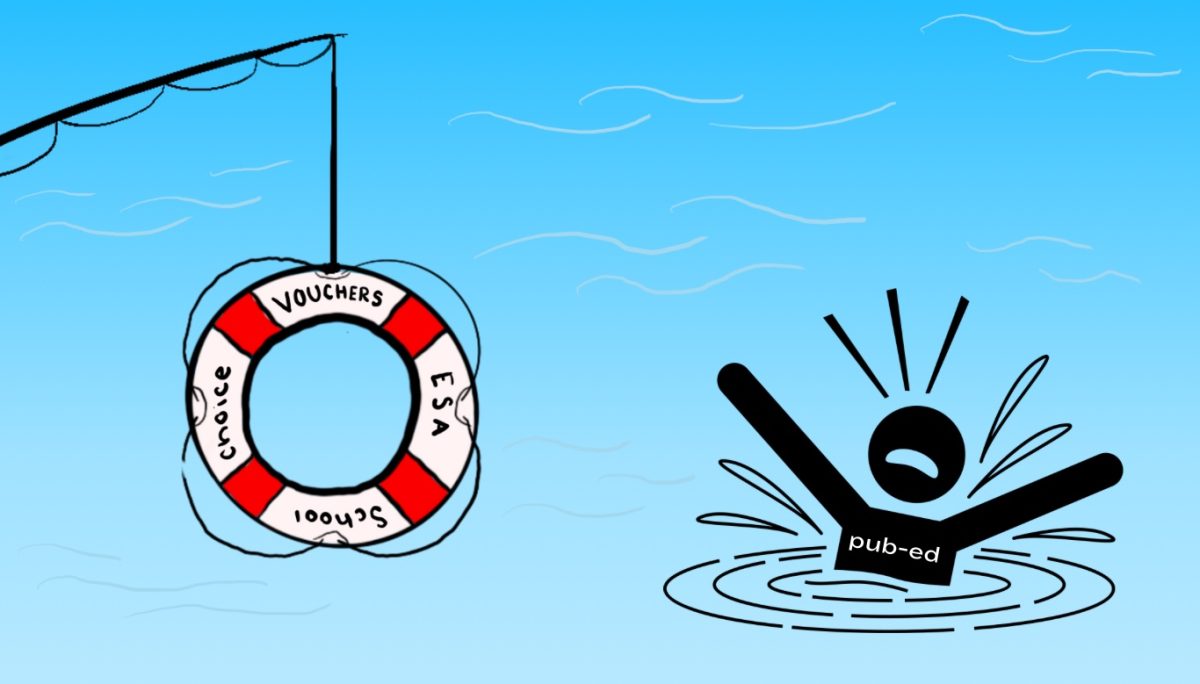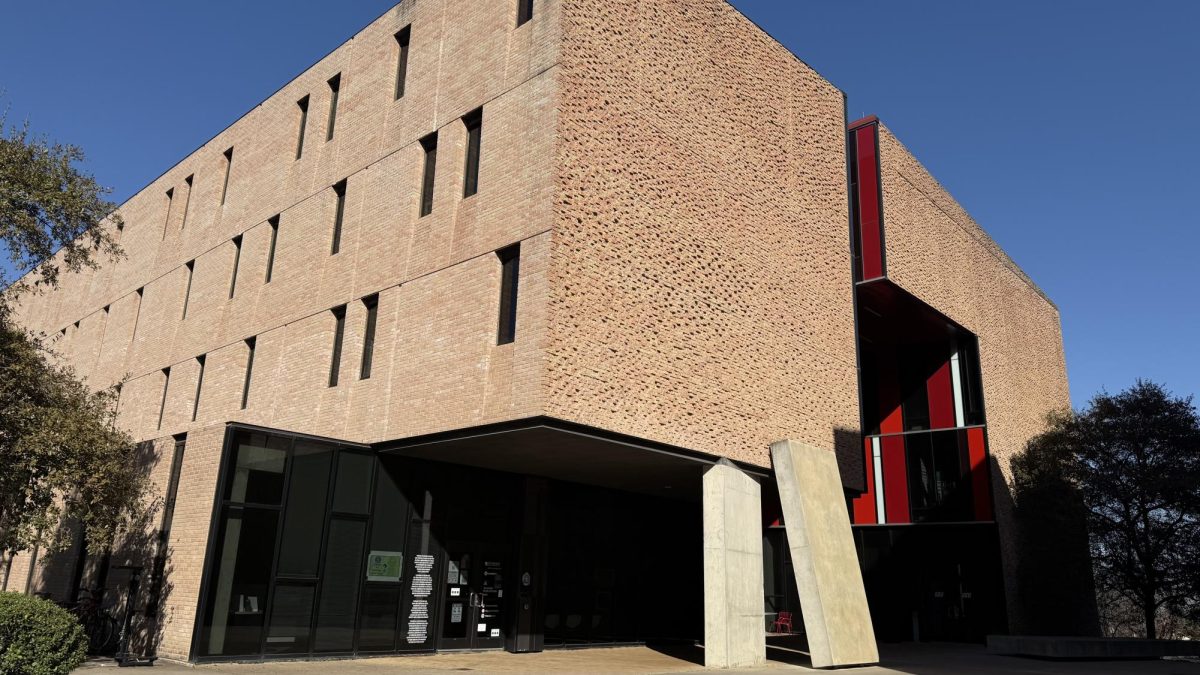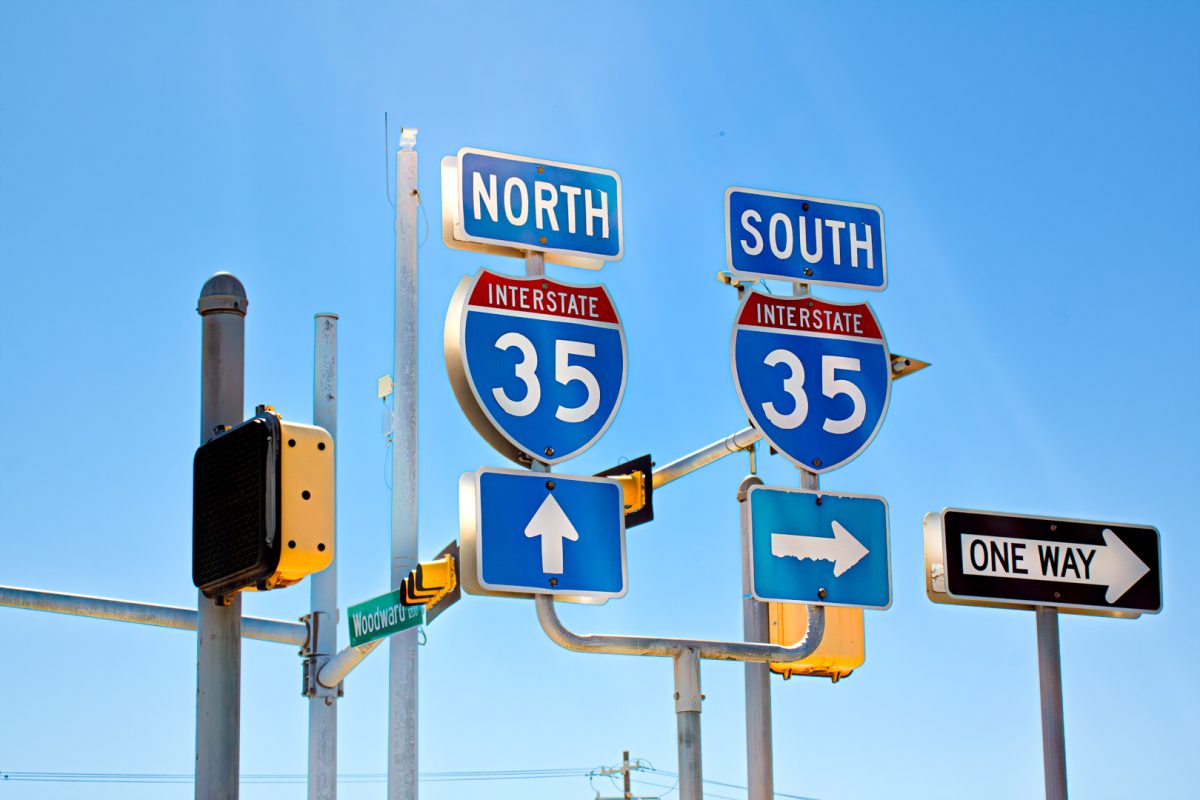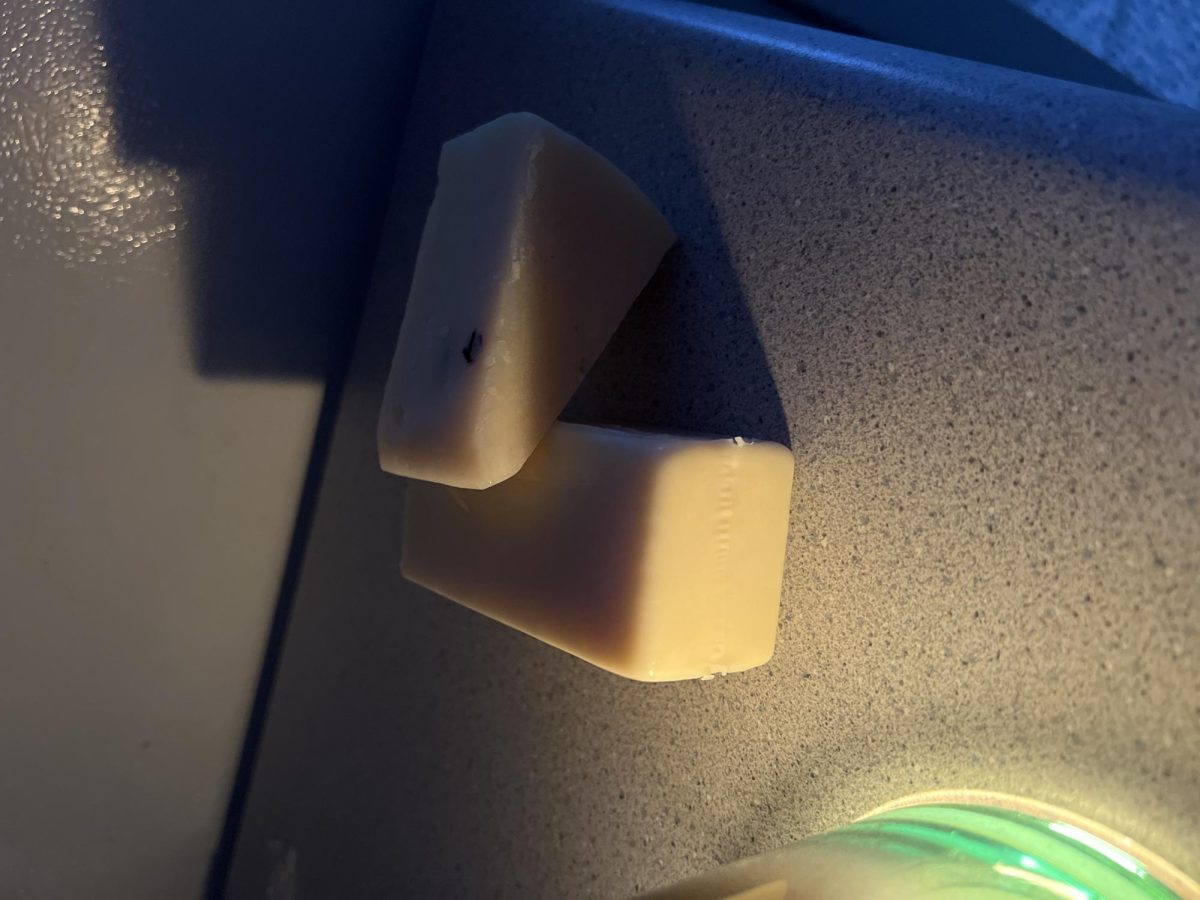Sweden joined the North Atlantic Treaty Organization (NATO) after decades of collaboration with the organization. Sweden’s admittance into the organization brings an end to over two centuries of neutrality and non-military aggression. A statement made by NATO asserted that the move was a response to “Russia’s full-scale invasion of Ukraine in February 2022.”
The Russia-Ukrainian War has brought an end to a period of relative peace in Europe after the Cold War and is now reinforcing divisions between eastern and western Europe as well as a rise of militarism across Europe. However, Sweden’s admittance to NATO ultimately enables Russia’s attempt at ascending back to superpower status as it paints them as a dangerous enemy.
By increasing military spending and preparing for the worst, Sweden has allowed for Russia to then do the same – creating a potentially disastrous feedback loop. Sweden has inadvertently fallen into the smoke and mirrors act of Russia in their aggrandizing new motives.
NATO is a strategic military alliance spearheaded by the United States that was formed during the Cold War to combat the Soviet Union in 1949. Following the end of World War II, the U.S. became focused on containing and combating the spread of communism all that they could. Although the Cold War has since ended, NATO has remained as a military operative and now has begun focusing on maritime security, humanitarian aid and ensuring democratic influence in Europe. Most recently, the organization has been invested in the war in Ukraine and provided military aid to Ukraine.
Still, even before Russia’s invasion of Ukraine, Russia has been fearful of NATO’s encroachment of their borders. In 2008, Russia invaded Georgia because of their bid to join NATO. It is evident that Russia fears what a potentially enlarged NATO could mean for Vladimir Putin’s regime and sphere of influence. Because of this, Russia doubles-down on their military offenses as their only form of diplomacy.
Additionally, Sweden’s move away from neutrality has ended what ensured them peace for 200 years. During the Cold War, Sweden adhered to the policy of neutrality that they had set up in the wake of the Napoleonic Wars. By interacting with the U.S. and Russia, Sweden hoped to not aggravate the Soviet Union. However, some stated that the neutrality of the nation left them open to potential Soviet invasion and manipulation. Sweden did join NATO’s Partnership for Peace program in 1994, but so did Russia. This program failed to bring peaceful cooperation for the foreseeable future as it had planned.
Since the Cold War, a humiliated Russia has operated under a policy of irredentism seeking to regain its lost territory. Although Sweden has never been a direct territory of Russia, fears are still high in the nation in regards to a potential Russian invasion due to the proximity of the nations. However, to me, the fears are relatively unfounded as Sweden and Russia are separated by Finland.
An attack that includes both Finland and Sweden would be of a much larger scale than Ukraine and would attract international attention, regardless of whether the countries involved in NATO. Additionally, the invasion of Ukraine was a culmination of tense relationships between the countries and a rise of nationalism spearheaded by Putin. However, Sweden’s admission to NATO might actually end up hurting them in the long run because it has brought more attention to them. Sweden has now placed itself diametrically opposed to Russia in the newfound divisions arising between Russia and Western democracies in NATO.
Thankfully for Sweden, they have their new compatriots of NATO to protect them if they face aggressions from Russia. But, hopefully, organizations like NATO and the EU will be able to put pressure on Russia to halt its imperialist actions. Russia’s undemocratic nature has made it incredibly difficult to establish institutional change, and all forms of economic pressure on the nation has only harmed its citizens. To combat Russia’s growing tyranny, there must be widespread opposition gathered from all democratic countries.


